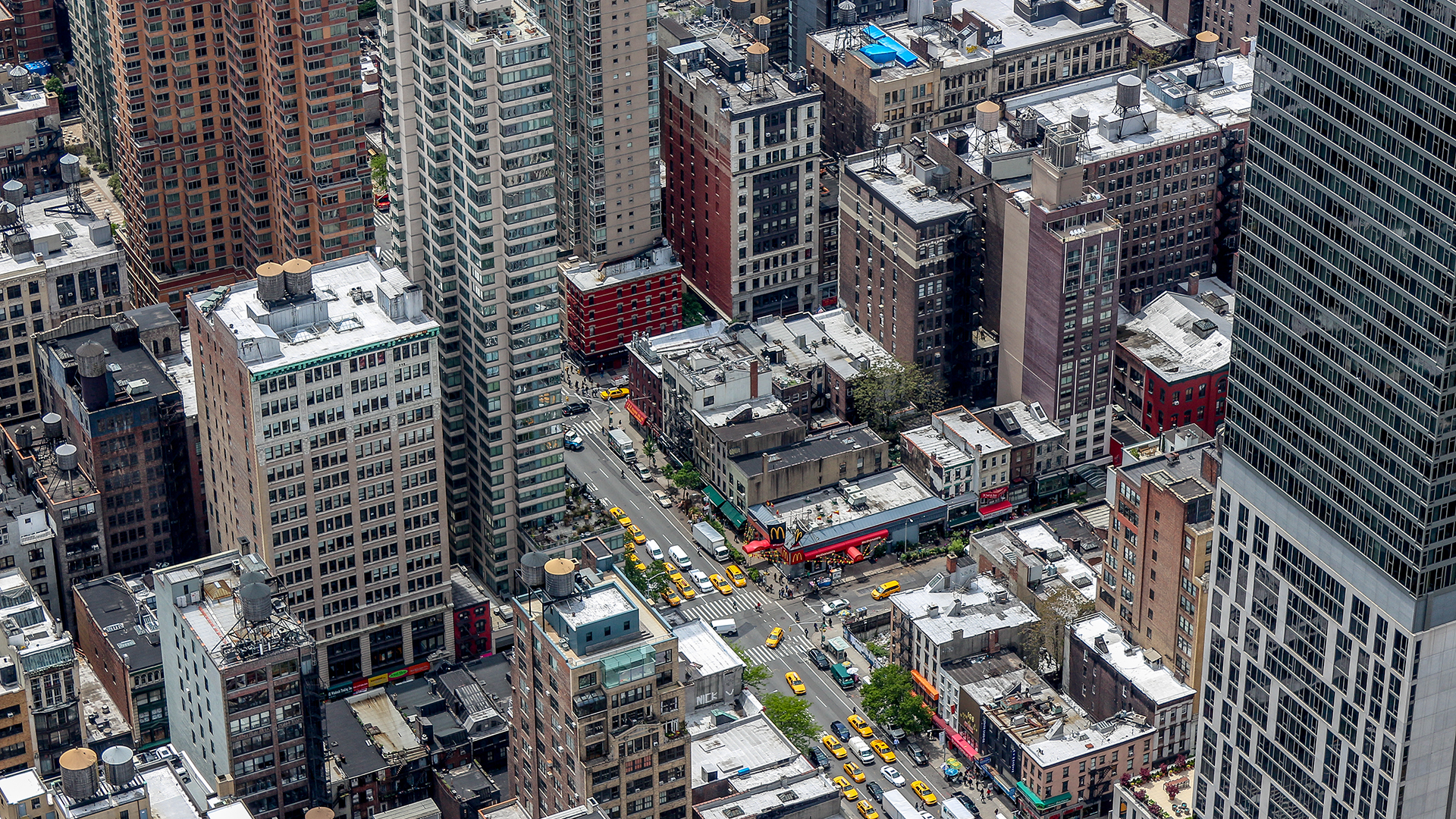When: 21 -23 October 2026
Where: Amsterdam, The Nerthelands
Degrowth has gained wide traction as both a critique of contemporary capitalism and an agenda for emancipatory and democratic spatial politics. Despite its increasing visibility and popularity in both research and practice, degrowth still lacks a thorough and systematic development of a spatial perspective.
Space is a relation of power, a material condition, a means and a target of degrowth politics. A degrowth transformation necessarily implies a reorganization of socio-metabolic relations and socio-material flows of matter, capital and energy across spatial scales, as well as a different cultural imaginary of how we as humans, think about our relation to spatial dynamics. Space is also a target of radical politics that aims to address the destructive impact of endless economic growth upon marginalized social groups and endangered ecosystems, while guaranteeing the provision of essential and universal goods and services for all. Degrowth envisions a spatial politics that questions hierarchies and borders and surpasses the underlying socio-cultural frames that sustain intrinsically toxic growth, like militarization, colonialism, anthropocentrism, patriarchy and racism.
A spatial perspective which is multiscalar and relational can help to both calibrate radical degrowth practices to specific socio-cultural contexts and to interconnect them across scales and sectors. This is the challenge that this conference will tackle, both for research and for practice.
This conference brings together contributions from both research and practice to develop tools for degrowth-oriented thought and action.

Degrowth addresses the negative consequences of consumerism (psychological stress, long working hours and positional competition) and discusses the benefits of frugal lifestyles. Henri Lefebvre, a French philosopher from the 20th century, argues that if ideas or values are not physically implemented in space, they become mere fantasies. As such, if degrowth wishes to prevail, it has to leave it...

In the 1980s, cities were defined as the ‘growth machines’ of the economy (Molotch, 1976). Today, urban economists epitomize them as economic ‘triumphs’ (Glaeser, 2011). Cities, intended as dense and mixed forms of urban living organized in agglomerations of economic activities, are presented as the solution to many of contemporary socio-ecological problems. They are viewed as the location of t...
Rob Hopkins is the founder of the Transition Movement. We interviewed him for the Stream towards Degrowth during the launch of his new Book “The Power of just doing Stuff - How local Action can change the World” in Bielefeld. Watch the video to hear more about the connections and differences between the Degrowth and the Transition Movement.